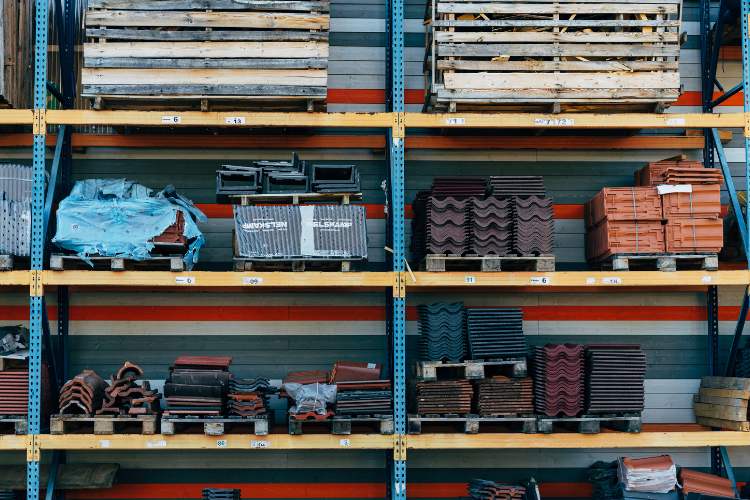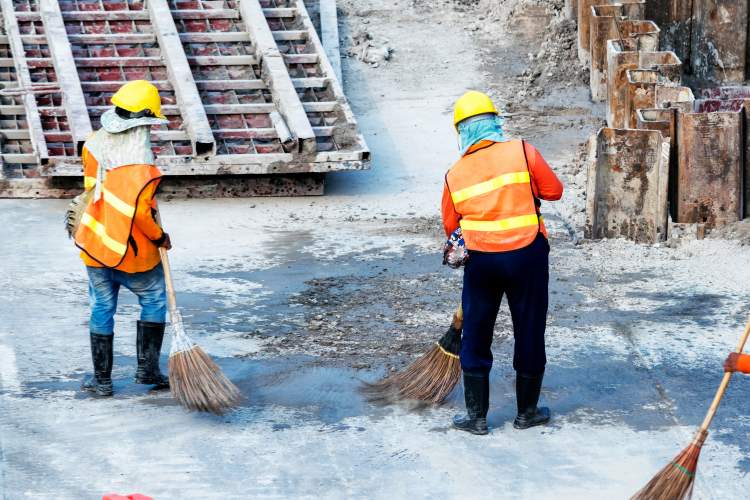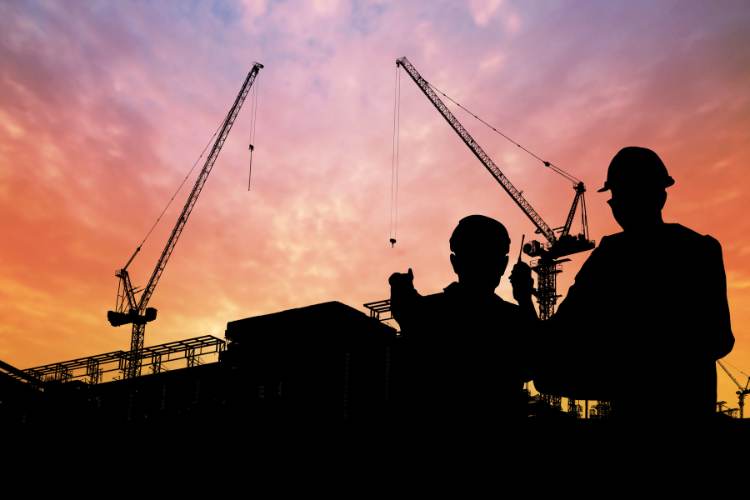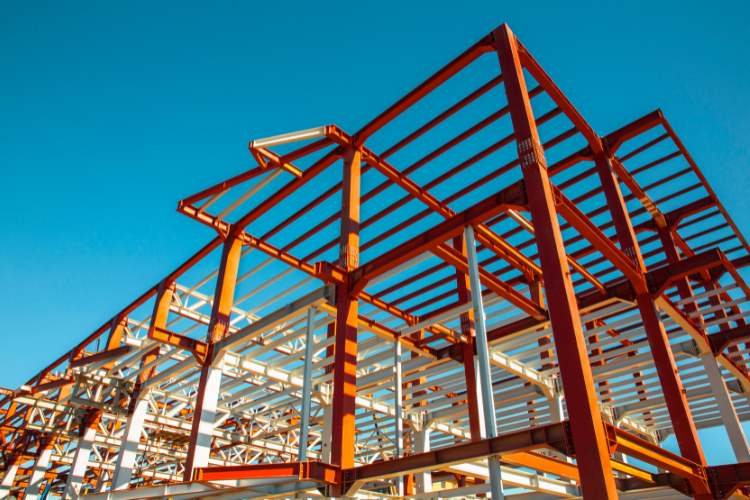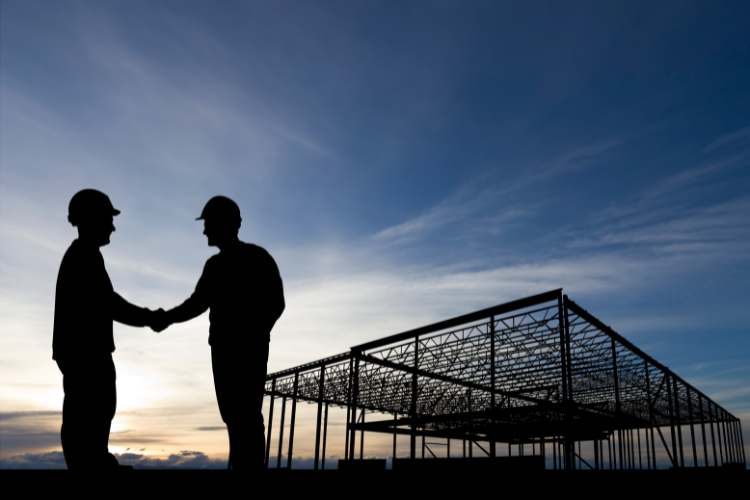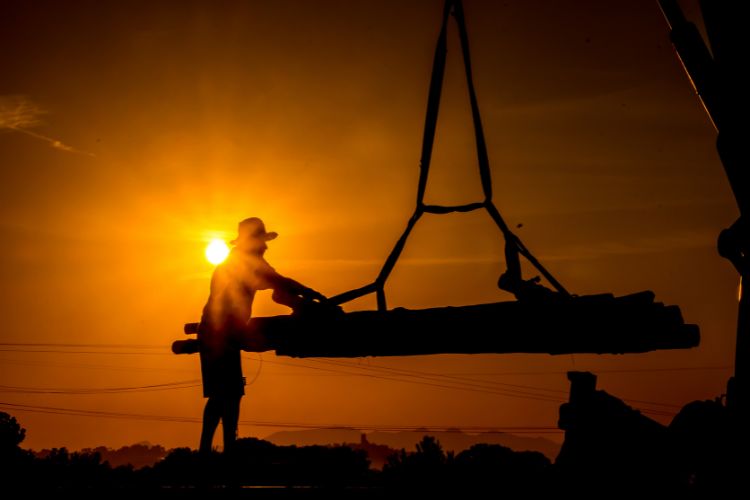As the coronavirus continues to sweep across the globe, the future has become very uncertain. Schools and universities have closed their doors, businesses have ceased operations, several states have ordered stay-at-home policies, and the stock market is experiencing high volatility.
Naturally, the effects are hitting many industries, including construction. Here, we take a realistic look at how the coronavirus will affect the construction industry.
Table of Contents
Employee Safety
First and foremost, the health and safety of construction workers are one of the top concerns. Ensuring that everyone is taking the proper precautions to ensure their health is of utmost importance. Losing key technicians and workers could quickly bring projects to a halt. If one of your workers gets sick with the virus, the high-level of contagion could mean that other workers were also exposed, which could lead to the entire core of your team unable to work. And, if a ubiquitous quarantine is found necessary, you’ll likely experience delays across all projects.
Billd Recommendation
It’s more important than ever to keep your employees informed and encourage them to adhere to guidelines and safety measures that have been recommended by the CDC. This includes regular hand-washing, limiting their exposure to large groups of people, and staying healthy by getting enough sleep, hydrating, and eating well. Make sure to communicate frequently at this time, and give them guidelines in the event that one of them does feel under the weather.
Price Increases and Credit Availability
As the pandemic becomes a major crisis worldwide, supply chains are and will continue to be disrupted. China accounts for supplying 30% of the construction materials in the US, which will impact the supply of materials available to contractors. With the current containment efforts, it’s likely we’ll see two things happen: delayed material availability and higher prices.
If a supplier cannot make international deliveries, or if they are unable to produce the materials necessary for projects, they have no choice but to delay or cancel orders. When companies turn to other sources who may be able to deliver, their prices will likely be higher due to the offset of supply and demand.
Furthermore, banks and alternative lenders are subject to additional risks with market volatility and price instability, which will lead to tightening of available bank credit lines. Short-term rates have fallen dramatically, which is great for super-prime borrowers, but for the average business owner, they will be effected more by the tightening of bank credit lines. Suppliers will likely follow suit to reduce risks to their business by tightening their terms.
Price increases and credit tightening is a double-whammy for any contractor trying to keep their business afloat during this time of crisis.
Billd Recommendation
Suppliers are looking to minimize risk during this time of uncertainty. You can provide that by offering cash payments to suppliers, which can help in price negotiations. Services like Billd can help you pay for your materials upfront.
Project Delays
Worries about the future and an uncertain economic landscape may lead to current and/or future projects being delayed or even cancelled. For current projects, there is a good chance many will be put on hold until everything subsides. So, what does that mean for your crew? Incomplete work and workers being right in the middle of their pay schedules. These project delays will also lead to time running out on exercising lien rights.
Billd Recommendation
For any of your current projects that get delayed, we recommend submitting your next Pay Application as soon as possible, and include any material purchased that is onsite or in inventory. In addition, you must do everything you can to protect your lien rights during these uncertain times. Requirements vary by state, which is why we recommend using Levelset, a Billd partner, who will help you file prelim notices and construction liens to ensure your lien rights are protected in the event of severe funding problems on a project.
If your projects are not delayed or if you are able to take on more projects, be careful when purchasing materials. Make bite-sized purchases to ensure you’re not stuck with excess material if a project ends up getting paused.
Wrap Up
The only thing we can control during a pandemic is taking proactive measures wherever necessary. This means protecting our employees, our business, and our customers where we can. But…you can’t help your employees or customers if your business can’t survive.
Sometimes, the hard decisions are the ones that you need to make. If you are forced to let an employee go, be sure to set them up with the appropriate steps for filing for unemployment. Hopefully you can provide them work again in the near future. Remember, we’re all in this together, fighting to keep our businesses afloat.
If business allows you to keep everyone on board, consider taking advantage of the unexpected downtime by having your team go through the 10 or 30 hour OSHA training courses at home to keep them busy and educated on the importance of workplace safety. Many of these courses are required for construction workers to be taken annually anyways, so now would be the perfect time to complete them.
If you’re worried about project delays and material purchases, you can rely on Billd as a payment solution to avoid jittery lenders and allow for more time to finish projects. Billd’s 120-day flexible payment terms can get you the materials you need, even during this uneasy time. Billd is open for business and ready to stand behind contractors who need the longest, most flexible construction material purchase terms available.
But let’s be honest, you are the hero here, having to manage everything with your business during this crazy time in world history. We’re here to make everything just a little easier for you.
Learn more about how Billd can help.


